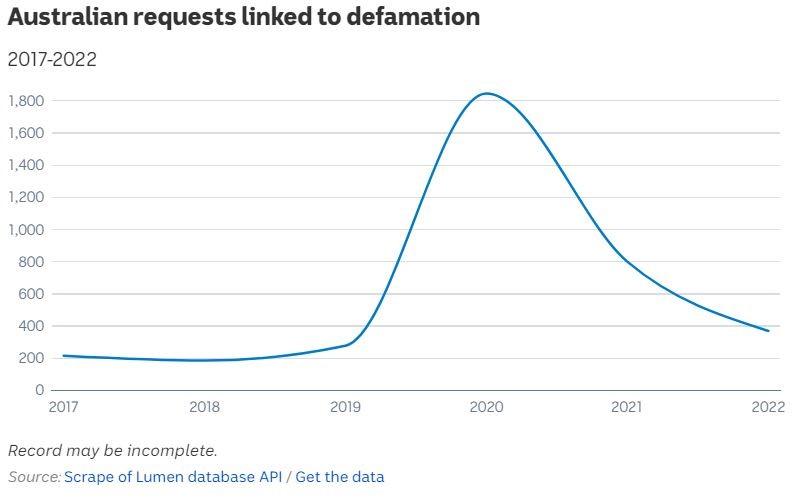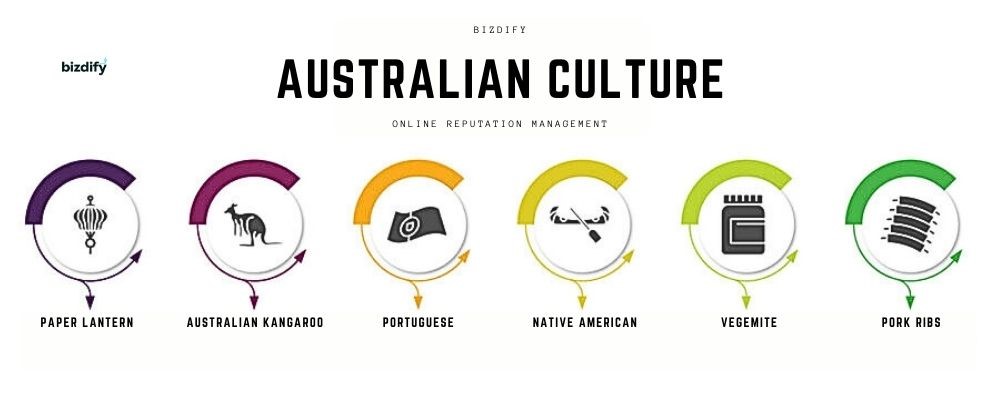Australians have a strong sense of national pride and may express it through symbols such as the national flag or anthem.
Be open to constructive criticism and feedback, as Australians value continuous improvement.
Australians tend to be egalitarian and value equality and fairness, so avoid actions or behaviours that may be perceived as elitist or exclusionary.
Avoid being too self-promoting or boastful in your communication, as Australians value humility and modesty.
Australia is a culturally diverse country with a unique set of values and beliefs that are reflected in many aspects of society, including business practises. One area where these values are particularly relevant is in online reputation management.
In Australia, reputation is highly valued, and this extends to the online world. With the rise of social media and other online platforms, businesses must be mindful of their online reputation and actively manage it to maintain trust and credibility with customers and stakeholders. The importance of online reputation management has become even more critical in recent years as more Australians turn to the internet to research companies and make purchasing decisions.

Australians value honesty and transparency, and this is reflected in their expectations of businesses online. Companies that are open and honest about their practises and policies are more likely to gain the trust of their customers and build a positive reputation. Conversely, companies that are seen to be misleading or dishonest may quickly lose the trust of their audience and damage their reputation.
Another aspect of Australian culture that is relevant to online reputation management is the importance of social responsibility. Australians expect companies to take a responsible approach to environmental and social issues, and this is reflected in their online reputation. Companies that are seen to be taking positive action on these issues are more likely to be viewed favourably by customers and other stakeholders.
Effective crisis management is also critical to maintaining a positive online reputation in Australia. Companies that are proactive in addressing issues and communicating openly with their customers are more likely to maintain their reputation in the event of an issue or crisis.
Online reputation management is an essential part of doing business in Australia. Companies that prioritise reputation management and align their online practises with Australian values are more likely to build a positive reputation and maintain the trust of their customers and stakeholders. By being transparent, socially responsible, and proactive in managing their online presence, companies can build a strong reputation that sets them apart in a competitive market.

Contact us on (03) 9999 7379 & (07) 366 77 473 or fill our online form to let us know your concerns. Our Google Link Removal Agency will work with you and ensure the timely removal of bad links. Removing Google links – aimed to tarnish your business reputation – is a 15-minute consultation away.
+617 366 77 473
info@bizdify.com
46 Cavill Ave, Surfers Paradise QLD 4217
Copyright © 2019 Bizdify | All Rights Reserved
+617 366 77 473
info@bizdify.com
46 Cavill Ave, Surfers Paradise QLD 4217
© 2024 Bizdify | All Rights Reserved.